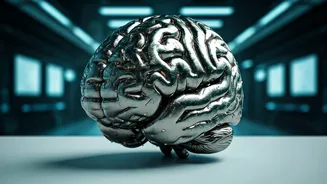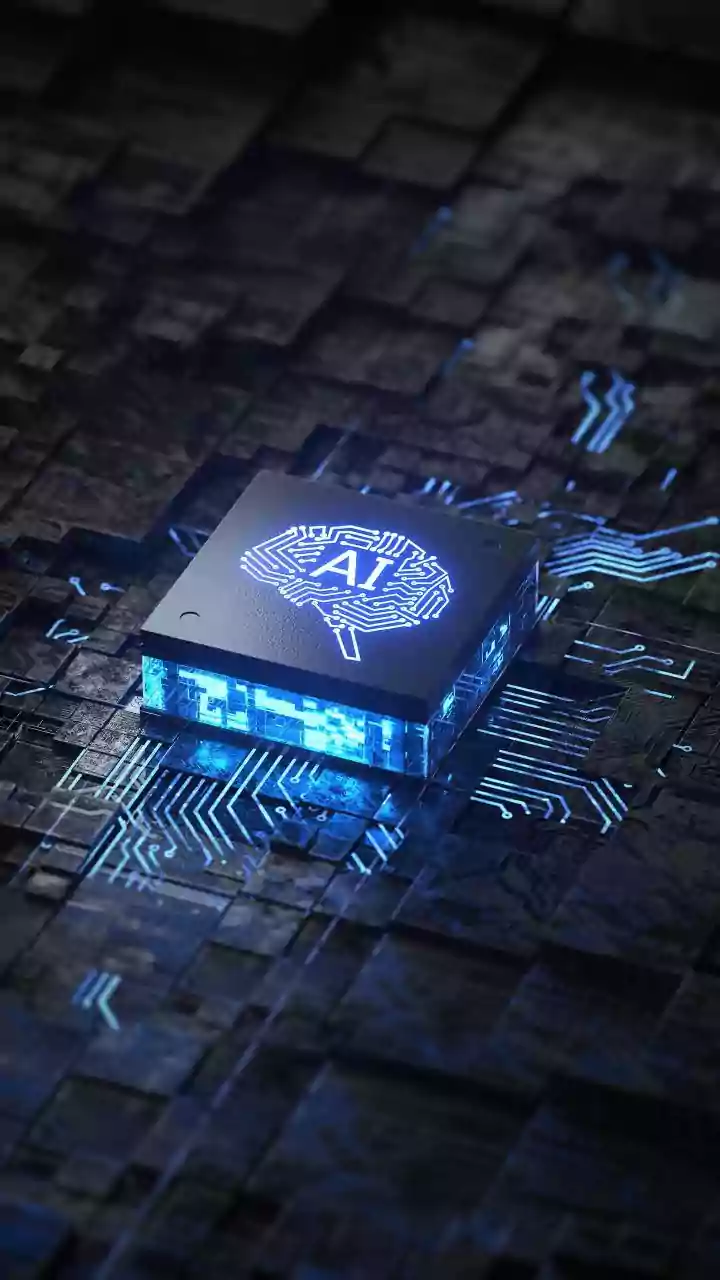The Intelligence Debate
The central question surrounding AI is: Can machines truly think and learn like humans? This debate, encompassing many fields, doesn't have an easy answer.
There's a wide spectrum of opinions, ranging from deep optimism about AI's potential to skepticism rooted in the complexity of human intelligence. Those who foresee AI reaching human levels often point to impressive advancements in machine learning, where algorithms learn from data without explicit programming. They highlight AI's ability to excel in specific tasks like image recognition, language translation, and even game-playing. Conversely, critics emphasize the limitations of current AI, particularly its lack of common sense, emotional intelligence, and ability to generalize knowledge across different scenarios. They argue that human intelligence is built on years of experience, a complex web of neural connections, and embodied experiences that are difficult to replicate.
Current AI Capabilities
AI has demonstrated remarkable abilities in various areas. Deep learning, a subset of machine learning, has enabled AI systems to analyze vast amounts of data, leading to breakthroughs in image and speech recognition. Natural language processing (NLP) allows AI to understand and generate human language, powering chatbots, virtual assistants, and translation tools. AI's prowess extends to strategic games, with programs like AlphaGo achieving superhuman performance. AI algorithms are also applied in healthcare for diagnostics, drug discovery, and personalized treatments. In finance, AI systems are used for fraud detection, algorithmic trading, and risk assessment. These examples demonstrate AI's capacity to automate complex tasks, analyze information efficiently, and generate insights. However, it's crucial to acknowledge that these capabilities are primarily task-specific. AI systems often excel at a narrow set of well-defined problems and can struggle with scenarios that require adaptability, creativity, and the application of common sense.
Challenges Ahead
Despite significant progress, several hurdles must be overcome before AI can replicate human intelligence. One major challenge is replicating the human brain's complexity. The human brain contains billions of neurons connected by trillions of synapses. Accurately modeling this intricate network is an enormous undertaking. Moreover, current AI often lacks the ability to learn and adapt in the same way humans do. AI systems usually require vast amounts of labeled data for training, and they can be vulnerable to adversarial attacks, where subtle modifications to input data can lead to incorrect outputs. Another challenge is the development of general AI (AGI), systems that can perform any intellectual task a human being can. Current AI systems are considered narrow AI, capable of performing specific tasks. Creating AGI necessitates advancements in areas such as reasoning, problem-solving, and abstract thinking, which are poorly understood. Ethical considerations also play a crucial role. As AI becomes more powerful, addressing bias, fairness, and accountability in AI systems is essential to prevent unintended consequences.
Future Implications Explored
The implications of AI achieving human-level intelligence are far-reaching. In healthcare, AI could revolutionize diagnostics, enabling personalized medicine and accelerating drug discovery. In education, AI-powered tutors could provide customized learning experiences, catering to individual student needs. In the workplace, AI-driven automation could increase productivity and efficiency, leading to both job creation and displacement. However, these advancements also come with potential risks. The widespread use of AI could exacerbate existing social inequalities and create new ethical dilemmas. For example, biased algorithms could perpetuate discriminatory practices, and the misuse of AI could threaten privacy and security. Furthermore, the development of advanced AI raises questions about job displacement, the need for new skills and the evolution of the global workforce. Discussions about AI's role in society should address these complex issues to ensure responsible and beneficial development.























